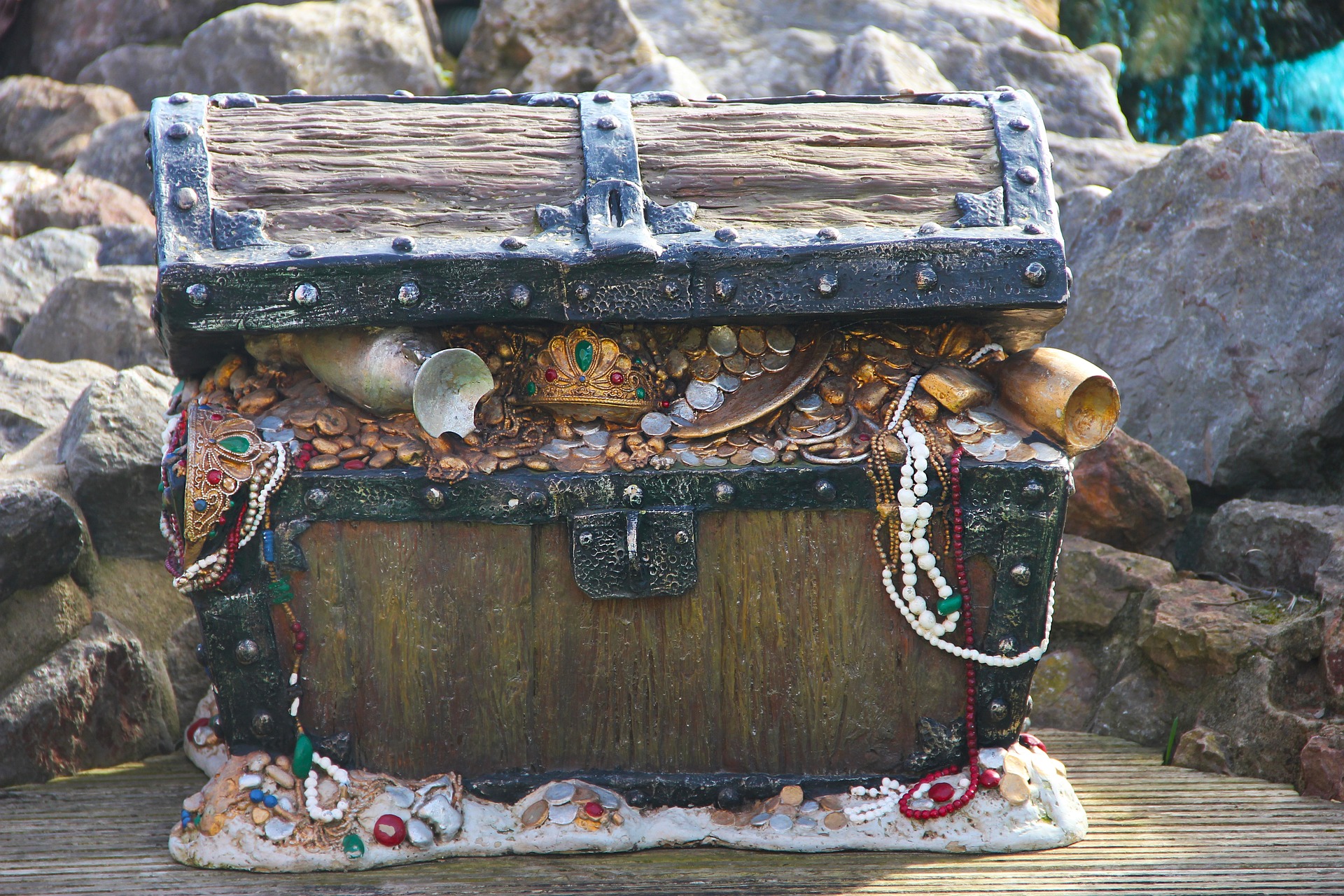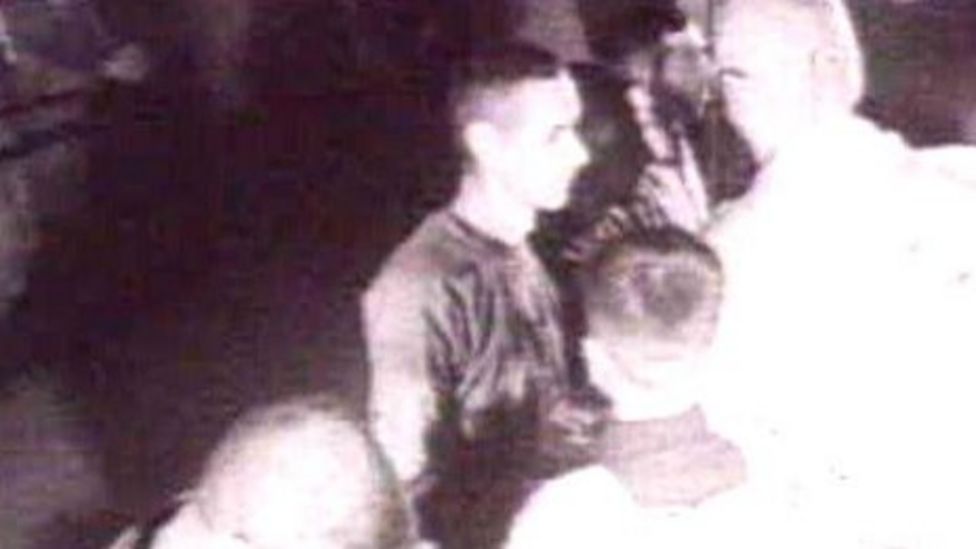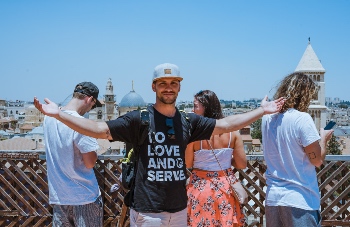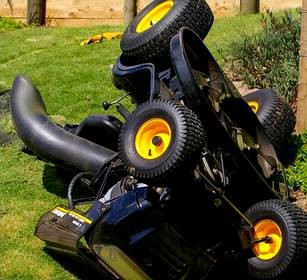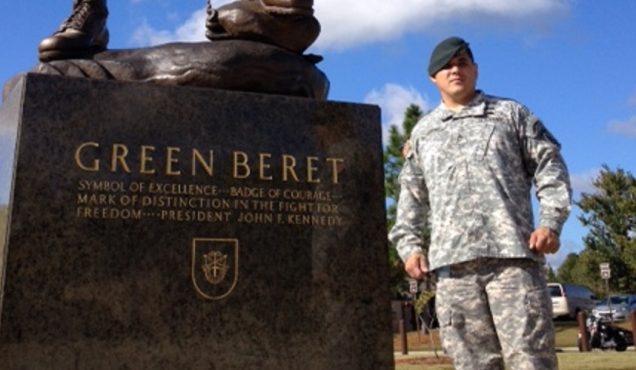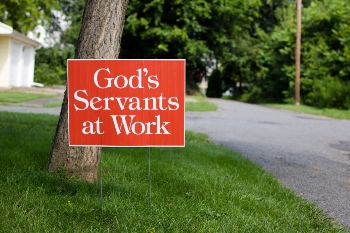It Would be Helpful if Those People Had a Spoiler Alert Alarm

It’s fun when reading a book or watching a movie and we’re trying to figure out what’s going to happen. It’s like solving a puzzle or riddle and makes our creative brain go to work. Part of the thrill of those kinds of stories is in trying to figure it out before you get to the end.
It puts a real damper on the fun of figuring it out when someone who knows the ending spoils it.
One young man had such a friend. This friend was notorious about spoiling the ending of movies. One day when the friend had spoiled another movie ending, the young man had had enough. The young man came up with a plan to get even.

He knew the friend loved jigsaw puzzles and he was always bragging about finishing them. So, the young man got a puzzle for his friend and before giving it to him, he took some of the key pieces out that were critical to the finished picture.
One day, when the young man was at the friend’s house, the friend said, “You know that puzzle you gave me, some pieces were missing. I looked everywhere for them. I don’t know where they went. They are a key part of what the picture is supposed to be. I sure would like to see the finished picture.
The young man reached into his pocket and pulled out a plastic bag with the puzzle pieces in it…they had been cut up into little, tiny scraps.
Sometimes it’s good to know how the story is going to end.
Here’s where I’ll give you a SPOILER ALERT.
In Matthew 17:1-9 Jesus takes Peter, James, and John up on the mountain and tells them how the story’s going to end. God comes to them in a cloud and tells them, “This is my Son and I’m pleased with Him. Listen to what He says.” Before God dropped in, Jesus’ appearance changed, He began shinning like the sun and His clothes become as white as light. Then Moses and Elijah show up and start talking with Him. These two represent the law and the profits being fulfilled in Jesus.
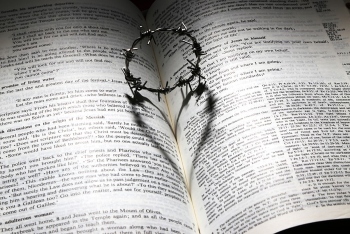
This story ends with a promise of eternal life.
One good series of books that tell a great story of the battle of good and evil and keeps us reading to the end is the Harry Potter series.
Back in 1999, when J.K. Rowling was in the middle of writing The Goblet of Fire, the author received a letter. It came from Anne Kidder, the family friend of 9-year-old Natalie McDonald who was dying of leukemia.
The books “had been her respite from the hell of leukemia,” Kidder told Maclean’s, a Canadian magazine, in 2000. “And because I’m the sort of person who thinks there must be something I can do, I badgered Rowling’s publishers in London, sending them a letter and an e-mail and a fax for her.”
Rowling herself responded to Natalie with a “beautiful” email that revealed secrets from the book and talked about which characters she liked best. Sadly, it was too late — Natalie died the day before the email was sent.

Natalie’s mother, Valerie, and Rowling kept in touch. The following year, Natalie’s family traveled to Britain to meet Rowling. It was on that trip when Valerie was reading The Goblet of Fire to her other daughters on the subway when she discovered an incredible gesture from Rowling: a passage in the book contained Natalie’s name. As a Gryffindor, no less, the house “where dwell the brave at heart, their daring, nerve and chivalry.”
It’s sad that Natalie wasn’t able to read the rest of the Harry Potter books. Sometimes, here on earth, no matter how bad we want it, some stories don’t end the way we want them to.
J.K. Rowling did something remarkable for this young fan who was dying. Natalie McDonald was the only real person ever named in any of the Harry Potter novels. As the author of an unfinished story, Rowling was able to change it.
As long as we’re still alive we can rewrite our eternal stories.
This is why it’s important for us to tell people about Jesus’s story and how it ends. It’s okay if we’re a spoiler when it comes to this story.


